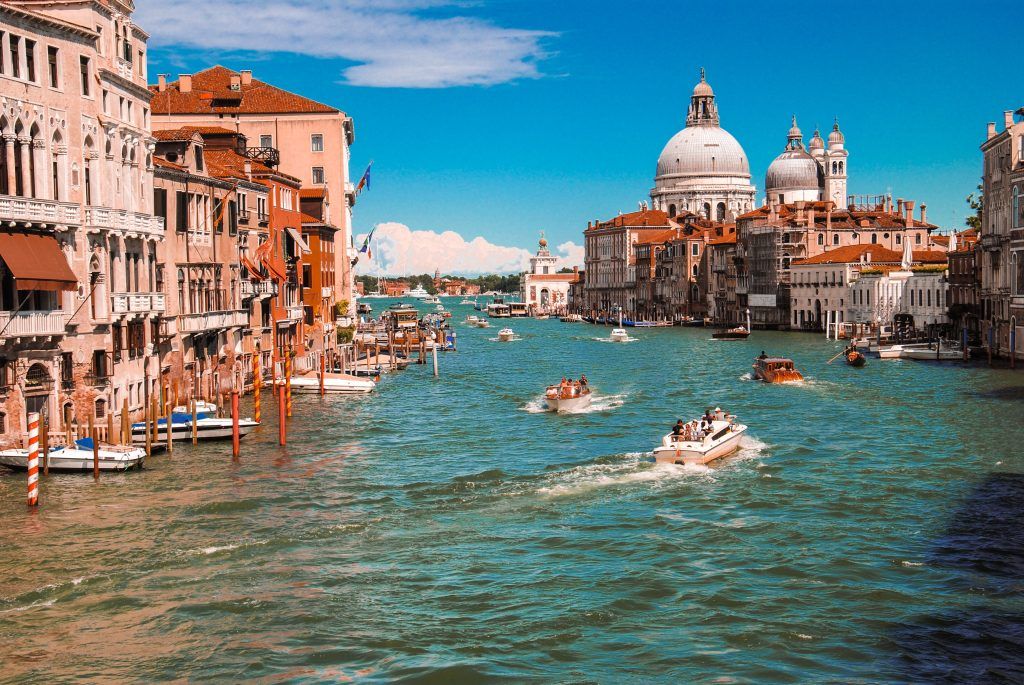Moving House

Moving Abroad

Container Shipping

Services

Find a Mover



Working in Italy? The country’s beautiful scenery and historic cities make it an attractive country to live and work in. Beneficial factors that result from working in Italy is the development of your career and expansion of cultural horizons. Although the unemployment rate is quite high at 12%, the English language is highly valued as many locals are not fluent in it. This provides opportunities for work in tourism and teaching sectors. On this page you can find basic information about visa’s, cultural differences, work opportunities and useful tips for preparing a CV and interview.
Only non-EU citizens require a visa, residence and work permit to live and work in the country. According to the European Commission, European Union (EU) citizens have the right to:
Whether it’s the sun or the snow you love, Italy can provide plentiful seasonal jobs for both. For more information visit moving to Italy on Sirelo.
Work culture is very different to the UK in many respects. The major cultural difference in Italy is of course the language, 96% of the inhabitants living there are Italian and therefore speak Italian. Greetings between family and friends is usually a kiss one each cheek, whereas business meetings is usually a firm handshake.
Family is a very important factor within Italian culture and unlike the UK, acquiring a job through family is common. The family structures within businesses can make daily encounters quite chaotic, meetings are also typically less formal due to their friendly and welcoming nature.
Typical working days are longer in Italy, from 8am until 7pm; however, a two-hour break for lunch is common. Between 2 and 4pm is the time where many Italians take naps (pisoline) therefore it isn’t recommended to telephone between these times.
Many migrant move to the northern part of Italy due to it being more industrialised and developed compared to Southern Italy which relies heavily on agriculture and farming. As mentioned previously English is not a common language spoken, this creates a high demand in the teaching industry for languages.
The main major industries include:
Networking is the most common way Italians find jobs via friends and families. Advertising jobs online is not always a common practise, so trying your luck with speculative applications could help. For those jobs that are advertised they are usually online, similarly to the UK, a CV and cover letter is essential. The interview process is usually long and often include a series of psychometric tests and interviews.
Common job websites include:
Translating any CVs and certificates into Italian should be a number one priority unless stated otherwise. Punctuality to job interviews is also of importance even though it is common for Italians to be invariably five or ten minutes late, a firm handshake similarly to the UK is the correct way of greeting a potential future employee. Business card exchanges are also more common in Italy than in the UK, where they are given out at both social and business events.